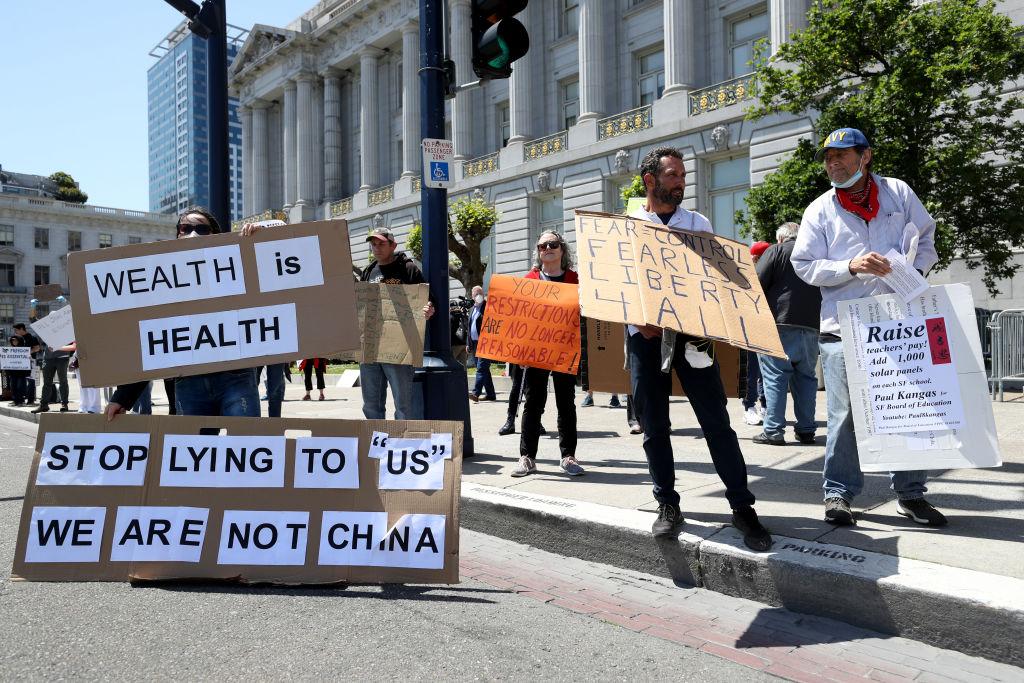As some county officials across the United States defy state stay-at-home orders and small-business owners begin reopening businesses during the CCP (Chinese Communist Party) virus lockdowns, sheriffs and experts say such decisions are driven by issues of civil liberty, and reopenings should be based on specific on-the-ground realities.
In the past few weeks, three counties in California, two in Arizona, and one in Washington state have reportedly begun defying governors’ orders to either reopen segments of their economies before the states’ scheduled dates or refusing to arrest citizens found defying lockdown orders.





